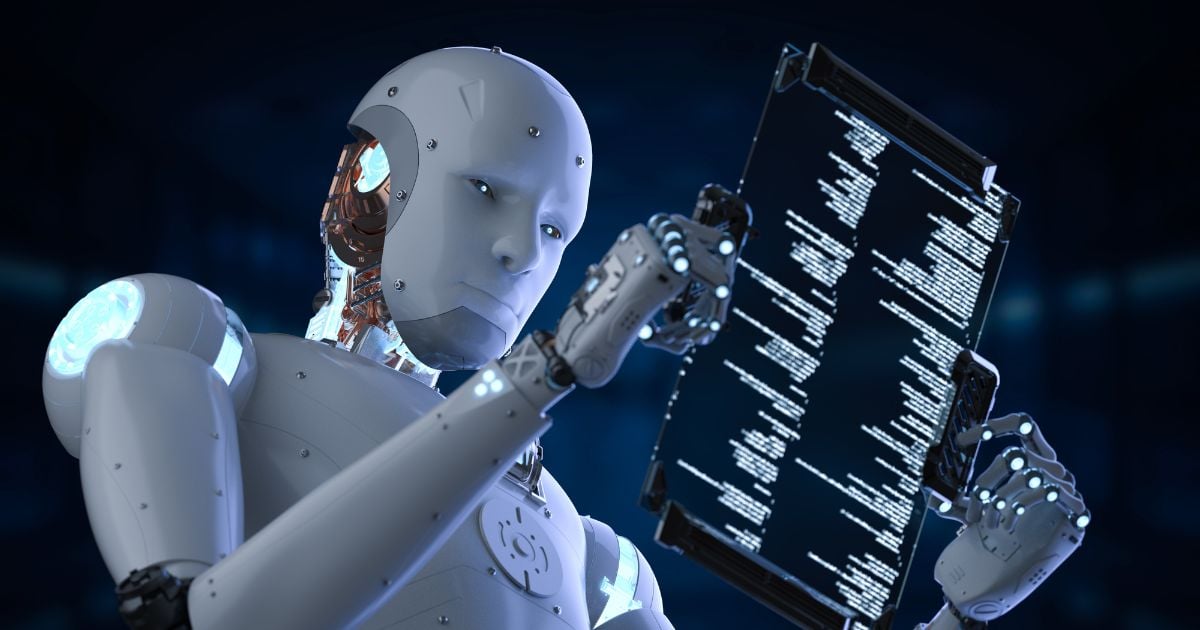Well, well, well… If it isn’t every salaryman’s absolute nightmare come true.
Artificial intelligence (AI) is expected to take over the workforce, with implications ranging from job cuts to new opportunities, according to a report released by staffing provider Adecco Group on Friday, 5 April 2024.
The Adecco survey encompassed businesses across various sectors in nine countries, including the United States, Britain, France, Germany, Japan, Spain, Canada, Australia, and Singapore. Industries represented ranged from defense and pharmaceuticals to healthcare, manufacturing, and logistics.
Based on a survey of executives from 2,000 large companies worldwide, the report highlights the significant impact AI technology is expected to have on employment.
Specifically, 41% of respondents foresee a reduction in their workforce due to AI technology.
One of the key drivers of this trend is generative AI, which has the ability to produce text, photos, and videos in response to open-ended prompts.
While there is optimism that generative AI could streamline repetitive tasks, there is also concern that it may render certain jobs obsolete.
Large Companies Have Already Cut Down Workforce
Several tech giants, including Google and Microsoft, have recently announced layoffs as they pivot towards integrating AI technologies like OpenAI’s ChatGPT and Google’s chatbot Gemini into their operations.
The Adecco survey, one of the most extensive studies on the subject of AI in the workplace, has findings that align with previous research conducted by the World Economic Forum in 2023.
That study indicated that 25% of companies anticipate job losses as a result of AI, while 50% foresee the creation of new roles.
Despite widespread recognition of AI’s transformative potential, the majority of senior executives admit to falling short in terms of AI adoption.
Adecco CEO Denis Machuel emphasized the need for companies to address this gap by investing in training programs to equip their workforce with the skills needed to collaborate effectively with AI systems.
Machuel stated that almost all jobs will inevitably be impacted by AI “one way or another,” and that it can “be a job killer and it can also be a job creator.”
He cited the example of the digital revolution, which initially sparked fears of widespread job destruction but ultimately led to the creation of numerous new opportunities.
Machuel emphasized the importance of striking a balance between the jobs created and those displaced by AI technologies.
So, despite how scary this may sound, there may still be hope for us.
To navigate this transition, companies must prioritize training and upskilling initiatives for their employees rather than relying solely on hiring external specialists, Machuel advised.
As a company that leverages AI in its operations, Adecco sees significant potential in helping clients adapt to the AI-driven future. Machuel highlighted the company’s ongoing efforts to provide training and consulting services to support clients in navigating the changing landscape of work.
“We’ve sold a lot of consulting projects, and the ramp-up that we see on that is quite interesting,” Machuel noted, underscoring the growing demand for AI-related expertise and guidance in the business world.



